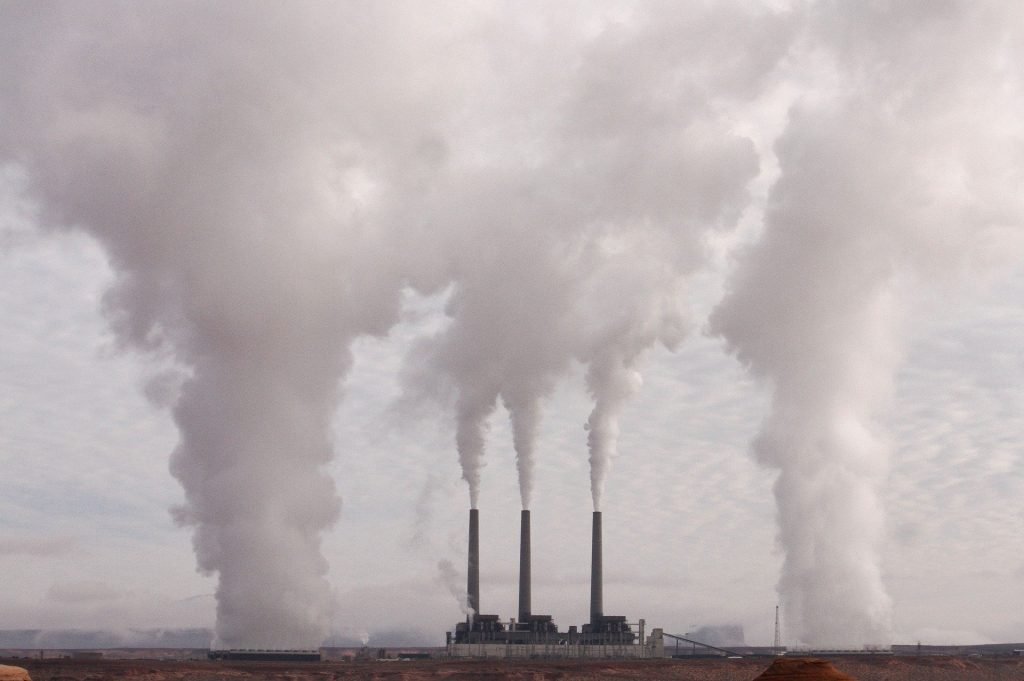Industries & Application
Waste Processing
Industrial Discharge
In industrial settings, mercury can come from many different sources – raw materials, additives, incoming waste streams, and more. Any industry that discharges air or gases, solid wastes, or liquid wastes into our environment must monitor the mercury levels in their discharged wastes. In most countries, government regulations place limits and reporting requirements on mercury in waste discharges. Without such regulated monitoring, mercury contamination could permeate the air we breathe, the water we drink, and into the foods that we eat.

Solutions
RA-Series
For raw water, process water, industrial wastewater, acid digestion (sludges, soil, etc.)

